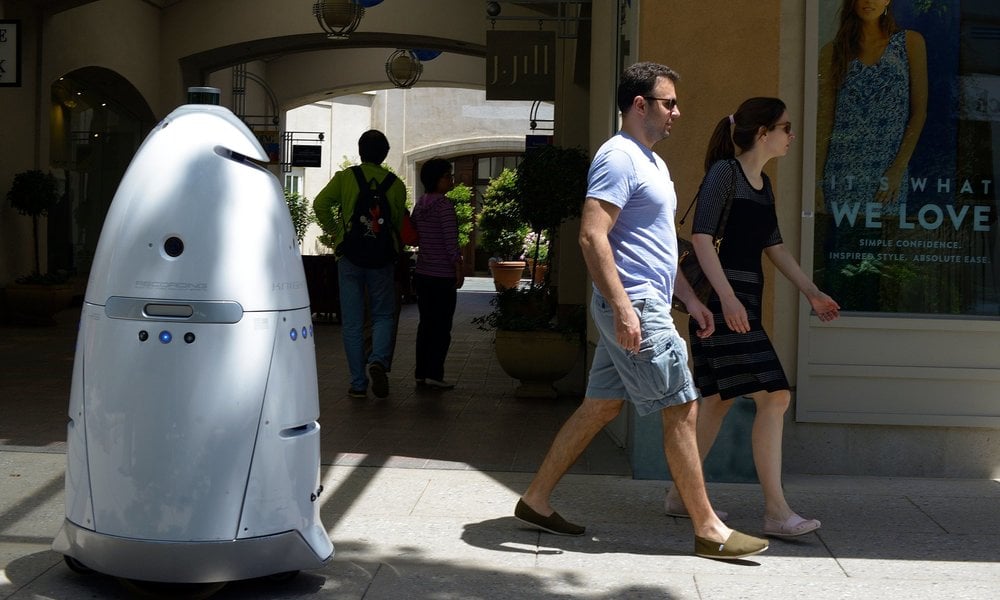This isn’t a Google Streetview van, it’s a government spy truck (insofar as there’s a difference) running ANPR
“The Philadelphia Police Department admitted today that a mysterious unmarked license plate surveillance truck disguised as a Google Maps vehicle is its own.
“We have been informed that this unmarked vehicle belongs to the police department; however, the placing of any particular decal on the vehicle was not approved through any chain of command. With that being said, once this was brought to our attention, it was ordered that the decals be removed immediately.”
Brandon Worf, who for three years worked at Busch and Associates, a sales group that specializes in public safety technology, described the ALPR gear installed on the vehicle as “scary efficient” after reviewing yesterday’s photos.
Worf says that this particular model, called the ELSAG MPH-900, “is based on the use of infrared cameras to find plate numbers and letters via temperature differentials between those characters and the surrounding background through optical character recognition.”
The cameras are able to read and process “several plates simultaneously” and “in a fraction of a second.” All plates swept up in such a dragnet fashion “are logged with the time/date of the read, GPS latitude/longitude coordinates of where the read occurred, and a photo of the plate and surrounding vehicle,” he added.”








